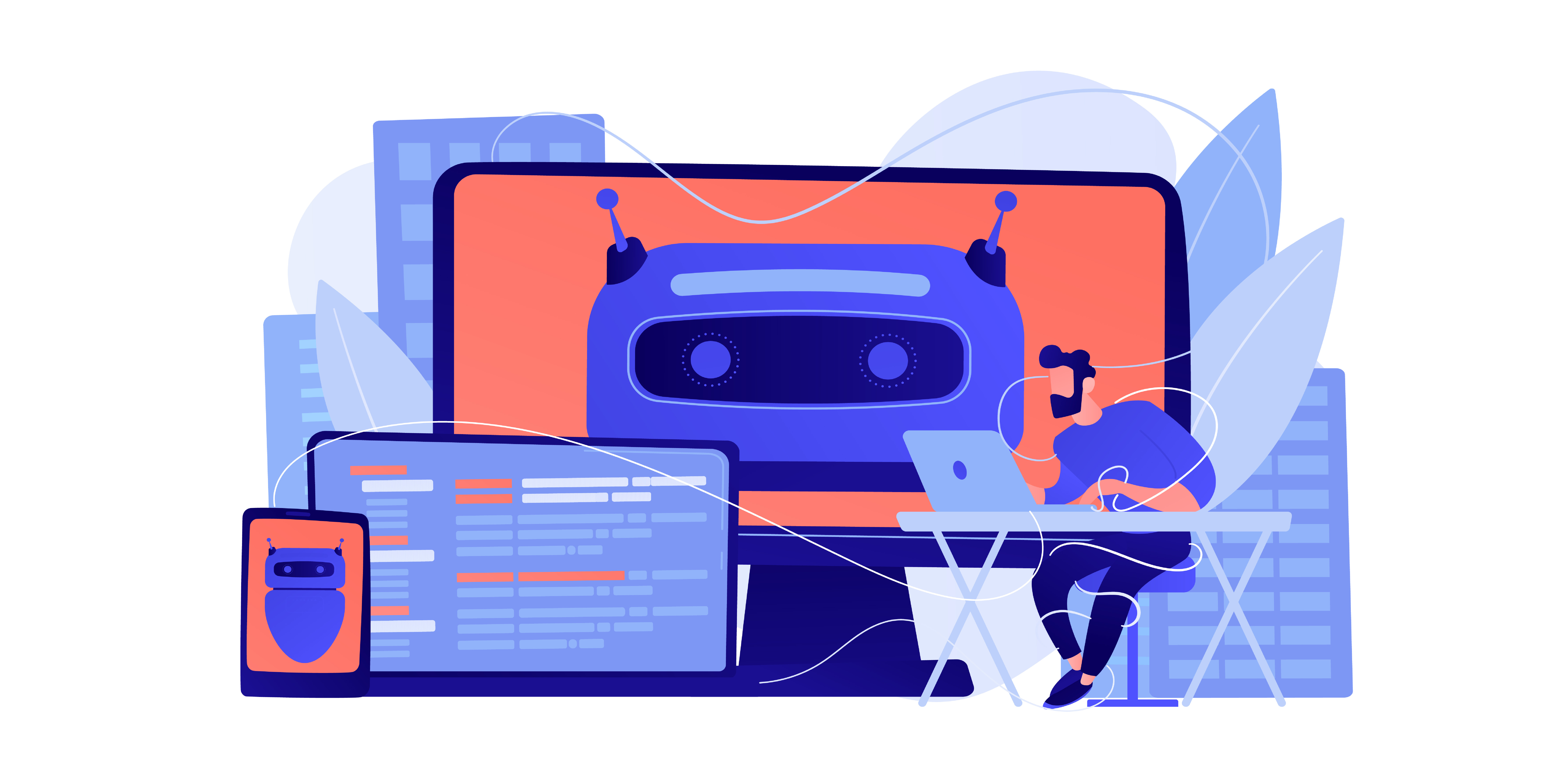to the list of articles
to the list of articles
back
back
June 30, 2025
Event
Vacancy
Article
Don’t outsource your mind: the case for human intelligence in the age of AI

In an age of instant answers, the ability to think remains your greatest asset
Artificial intelligence is evolving faster than humanity can fully grasp its impact. Generative systems solve complex problems, produce texts, images, and code, and deliver ready-made conclusions—often within seconds. But this rapid acceleration raises an important question: can the human brain—the original “processor”—keep up?
The automation of thinking: a temptation with a price
According to a McKinsey report, only 27% of organizations using generative AI say they review all AI-generated content before deploying it. One-third review no more than 20%. This means more and more decisions are being made without deep human engagement—based on automatically generated conclusions. It’s convenient. It’s fast. But is it safe?
The human brain is naturally wired for efficiency. We engage in deep thinking only when necessary. For everything else, we rely on mental shortcuts, heuristics, and intuition. In day-to-day situations, this works. But when we have a powerful neural network at our fingertips—confident, emotionless, and immediate—it becomes easy to outsource even the kinds of thinking that require critical analysis.
The problem isn’t AI. It’s unquestioning trust.
In psychology, this is known as automation bias—our tendency to trust machine-generated conclusions, even when they’re flawed, especially if they sound “smart” or reinforce our existing beliefs. We stop looking for alternatives, skip fact-checking, and fail to ask the essential question: Why?
This is especially dangerous for leaders and professionals whose decisions shape teams, products, and markets.
Guillaume Delacour, Global Head of People Development at ABB, emphasizes:
“One of AI’s greatest strengths is that it has an answer for everything. But that’s also the challenge. The more quick answers we get, the less space we leave for analysis. In such conditions, critical thinking is no longer a luxury—it’s a survival skill.”
Leadership is a product of deep thinking
An analytical study involving more than 200 executives evaluated critical thinking levels and their correlation with performance in AI-integrated environments. The findings were striking:
- Those who do not engage in deep thinking are 32% more likely to rely blindly on generative AI.
- They are 36% more prone to cognitive slips—from forgetfulness to simple operational errors.
- They are 18% more likely to fall into confirmation bias traps.
In contrast, those with well-developed critical thinking skills:
- Report 14% greater confidence in their roles.
- Show 13% stronger leadership performance.
- Are 21% less likely to experience burnout.
Critical thinking is not a theoretical ideal. It’s a tangible skill that improves decision quality, mitigates risks, and enhances our ability to work alongside intelligent systems. But it only develops when we intentionally practice it.
How to build analytical thinking in the digital age
Thinking isn’t just about processing information. It’s about asking questions, sitting with uncertainty, and challenging our assumptions. Here are three simple habits worth cultivating:
- Ask yourself meta-questions:
– What belief of mine changed today?
– Did I avoid information because it made me uncomfortable?
– In what situations did I act automatically without reflection? - Always ask “why”:
When you encounter a conclusion—pause. Why did this happen? Why does it matter? Why was this outcome chosen? - Use AI not as an oracle, but as a partner:
Ask difficult questions. Don’t settle for the first response. Push back, refine, explore weak points. AI is a powerful tool—but only if you remain the source of thought.
Thinking Is the best Investment in yourself
In 1914, IBM founder Thomas Watson coined a one-word motto for his company: THINK. More than a century later, that advice is more relevant than ever.
Machines can analyze, predict, and generate. But only humans can understand why it matters. Only humans perceive nuance, shift perspectives, and take responsibility. That’s why—in an era of neural networks and accelerating everything—the ability to pause and think is a competitive advantage.
Source: Fast Company
No items found.
We are waiting for you at the event!
We are waiting for you
Oops! Something went wrong while submitting the form.




